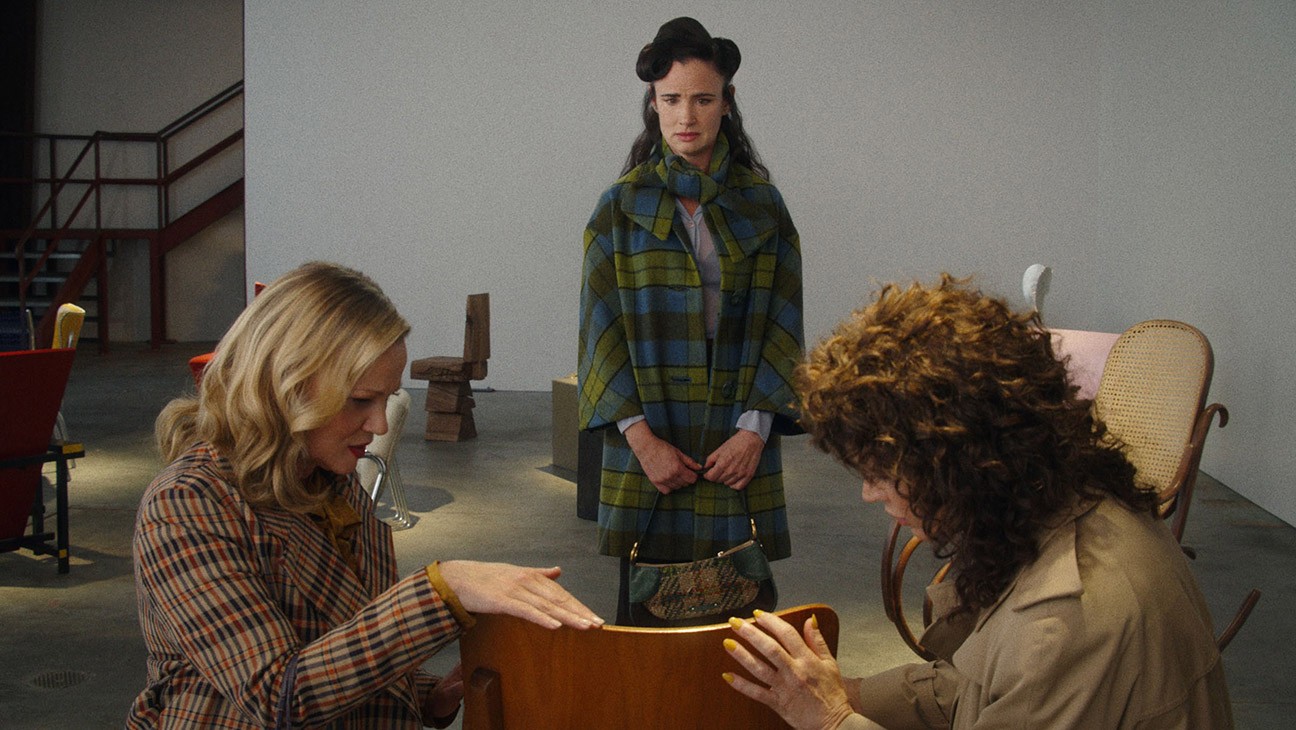
A new documentary, "Predators," takes a critical look at the controversial NBC show "To Catch a Predator" and its lasting impact on media and society. Director David Osit's film examines the complex legacy of a program that turned the pursuit of child predators into prime-time entertainment.
Between 2004 and 2007, "To Catch a Predator" followed a straightforward yet sensational formula: Working with the volunteer group "Perverted-Justice," host Chris Hansen would confront men who arrived at a house expecting to meet an underage victim. The dramatic confrontations, complete with Hansen's now-infamous line "Why don't you have a seat over here," became must-watch television despite - or perhaps because of - their disturbing subject matter.
While the show claimed to serve public justice, "Predators" questions whether its methods did more harm than good. The documentary reveals how the program's theatrical approach often made successful prosecution impossible and blurred the lines between law enforcement and entertainment.
The film doesn't shy away from acknowledging the genuine horrors of child exploitation. Opening with chilling audio of a predator speaking to what he believes is a 13-year-old, it establishes the gravity of these crimes. However, director Osit pushes viewers to consider the ethics of turning such serious matters into public spectacle.
"Predators" argues that the show's format - which prioritized humiliation and dramatic reveals over legal process - helped establish a template for today's shame-based media culture. The documentary traces this influence through to modern YouTube vigilantes who have adopted similar tactics with even less oversight.
Through careful examination of the program's rise and eventual downfall, "Predators" presents a nuanced critique of how entertainment media handles serious criminal justice issues. While never defending the show's targets, the documentary challenges viewers to question whether public humiliation served any purpose beyond ratings.
This thought-provoking film arrives at a time when discussions about media ethics and criminal justice reform have never been more relevant. By revisiting this controversial chapter in television history, "Predators" offers valuable insights into how entertainment shapes our understanding of crime and punishment.